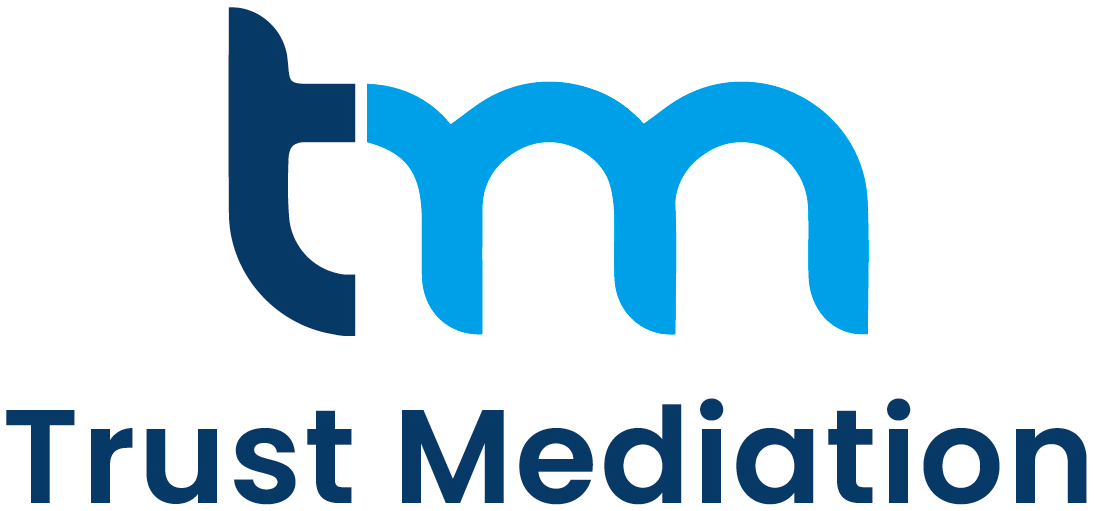Clinical Negligence claims are, by their very nature, complex. Disagreements over causation, expert opinions, and value of claims are a matter of course. This article provides a snapshot of just some of the ways mediation can assist in resolving clinical negligence claims at any stage of the case’s lifecycle.
1. Proving Negligence: Whether a clinical practitioner has been negligent is often hotly disputed in clinical negligence claims, which means that both sides face risk. Mediation is an ideal forum for reaching a liability settlement based on litigation risk where there are such disputes.
2. Proving Causation: This is typically a highly contested aspect in a clinical negligence case, with both parties presenting arguments as to whether the negligent act caused the injuries. Gathering reliable and persuasive expert evidence is an important stage, and once expert reports have been received, can motivate parties to take the case to a mediation.
The pre-action protocol process encourages the parties to reflect upon their position once the letter of response has been received. This is the stock-take and an ideal time for both sides to ask themselves “what will it take to resolve this case?” Disclosure of preliminary expert evidence on a without prejudice can often assist and mediation provides the ideal confidential vehicle to enable disputes about evidence to be explored. Mediation can be used to help resolve either just the issue of causation in isolation, but from experience, it often results in settlement of the claim in its entirety.
3. Case Value: Assessing the sum in issue is a process both parties lawyers carry out as a matter of course throughout the life of the case. Whether you are miles apart in terms of your valuation of the case, or you have some sticking points regarding future loss, the mediation process can facilitate meaningful discussions using the evidence available. Even if a settlement isn’t reached during the mediation itself, it’s not uncommon for cases to resolve shortly afterwards. In sensitive cases it may be that instead of counter schedule the Defendant takes advantage of the flexibility of the mediation process and chooses to use a suitably worded position statement to reflect its position without causing undue upset.
4. Emotional Toll on Clients: Clients pursuing clinical negligence claims are often grappling with physical and emotional trauma and solicitors with expertise in this field are aware of the need to handle their clients’ cases sensitively and empathetically while managing their expectations and helping them navigate the complex legal process. Claimants have different objectives and priorities, and a claimant can choose whether to be fully engaged with the mediation process, as they often do, or take a backseat. Most claimants choose to participate in an online mediation from the comfort of their own home. Early mediation has the same prospects of settlement as one that takes place later in the case and early settlement has the added benefit of reducing stress.
5. ADR and Settlement Negotiations: Given that the majority of clinical negligence claims are settled out of court, solicitors must keep their clients well-informed about the different Dispute Resolution (DR) options at their disposal. Balancing the desire to achieve a satisfactory settlement for a client with the need to avoid unnecessary litigation, can be a significant challenge. Trust Mediations’ specialist mediators can provide training and assistance about the preparation stage as well as the mediation process.
6. Managing Client Expectations: Solicitors manage their clients’ expectations throughout the claims process, including the likelihood of success, potential compensation, and the duration of the case. This involves balancing optimism with realism and ensuring that clients are well-informed about the potential risks and rewards of their claim. The process of mediation enables a client’s expectations to be managed and as well as receiving advice from their solicitor and counsel, the claimant will hear from the other party about its’ views of the case and experience the neutral mediator’s reality test. This is a particularly useful tool where there may be unrealistic expectations.
7. Limitation Period: If the limitation date is fast approaching, Defendants will sometimes be prepared to agree a specified “standstill” period to effectively postpone the limitation period so as to enable a mediation to take place. This saving of court fees and associated costs may pay dividends when settlement negotiations come down to the wire.
8. Legal Costs and funding: Clinical negligence claims often involve proportionally high legal costs due to their complexity, the need for expert evidence, and potentially lengthy proceedings. Solicitors must ensure they can cover their costs while still providing effective representation to their clients. Mediation is a tool that enables early settlement which is why over 50% of our mediations occur pre-proceedings and over 70% pre-CCMC. This reduces the costs exposure of the claimant and their solicitor. Trust Mediation understand that NHS Resolution are prepared to consider agreeing costs or at least a substantial interim payment following settlement at the mediation, provided details are provided in advance.



